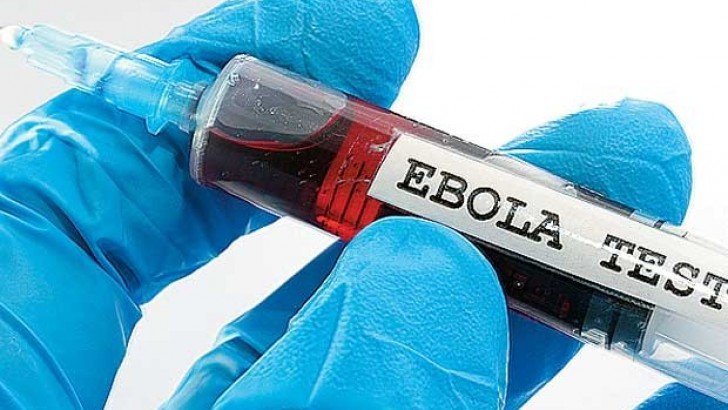Health
Experimental Ebola vaccines found safe, effective in human trial

New York, Oct 12: Two experimental vaccines against the Ebola virus have demonstrated both safety and the ability to elicit an immune response that would last for at least one year, results of a clinical trial have shown.
The findings showed that responses to both vaccine candidates -- cAd3-EBOZ and rVSV-ZEBOV -- were modest at one week.
However, by one month, 71 per cent of cAd3-EBOZ recipients and 84 per cent of rVSV-ZEBOV recipients developed an antibody response compared to 3 per cent of placebo recipients.
At one year, antibody responses were largely maintained in both groups: 64 per cent of cAd3-EBOZ recipients and 80 per cent of rVSV-ZEBOV recipients had an antibody response compared with seven per cent of placebo recipients.
"This clinical trial has yielded valuable information that is essential for the continued development of these two Ebola vaccine candidates and also demonstrates that well-designed, ethically sound clinical research can be conducted during an epidemic," said Anthony S. Fauci, Director at the National Institute of Allergy and Infectious Diseases (NIAID) in Maryland, US.
"A safe and effective vaccine would be a critically important addition to classical public health measures in controlling inevitable future Ebola outbreaks," Fauci added.
The results, published in the New England Journal of Medicine, are based on a study of 1,500 adults that began during the West Africa Ebola outbreak.
Three groups of 500 volunteers received one of the vaccine candidates or a placebo (saline injection).
Some participants who received the experimental vaccines experienced mild to moderate side effects that resolved, such as headache, muscle pain, feverishness and fatigue.
Overall, no major safety concerns related to the vaccines were observed, the researchers said.



































